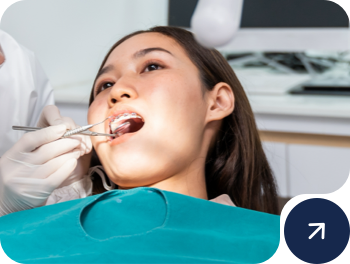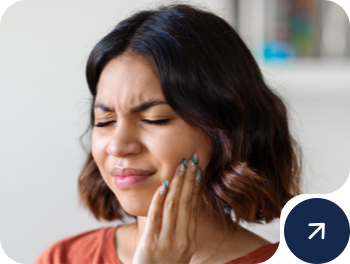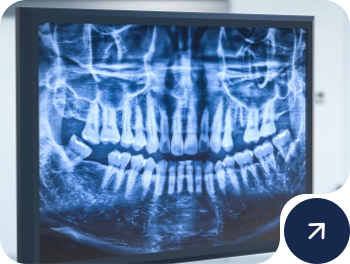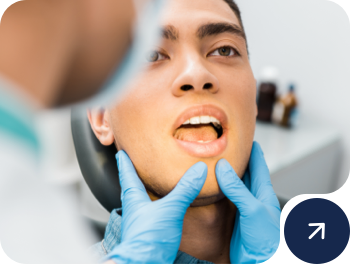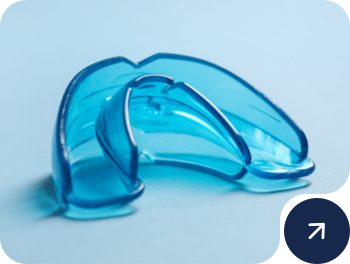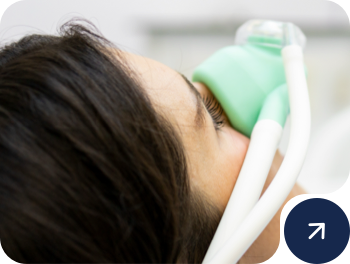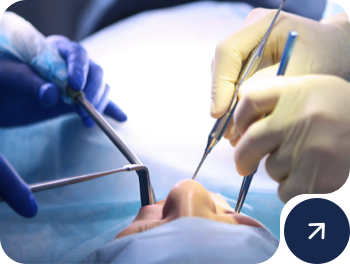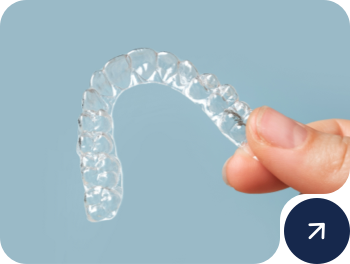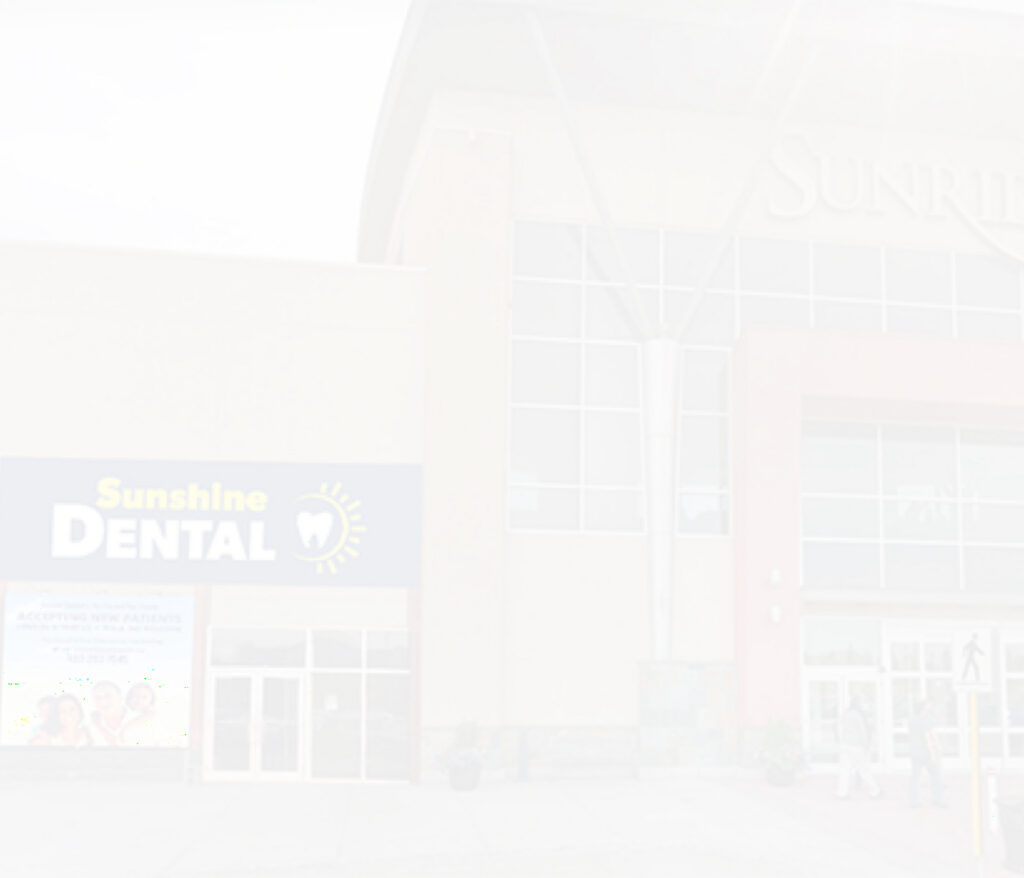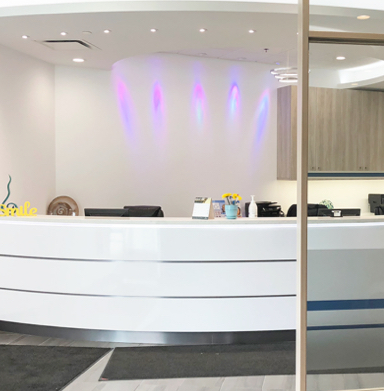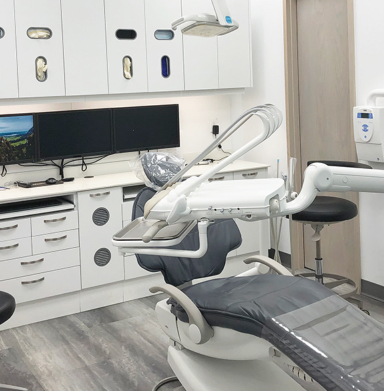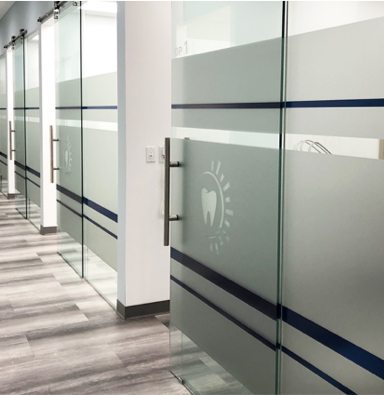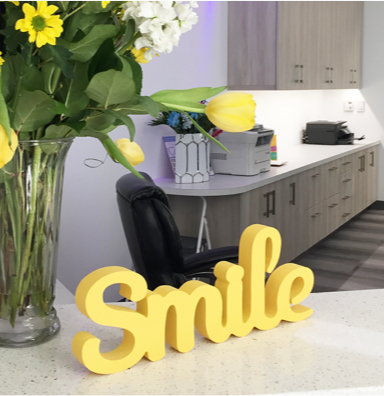Maintaining a daily brushing routine might seem simple, but it’s one of the most important habits for keeping your smile (and body) healthy.
Brushing your teeth removes harmful bacteria that can cause plaque buildup, which leads to tooth decay and gum disease. When combined with regular professional cleanings, a consistent at-home oral health routine plays a key role in protecting your teeth and gums.
Yet, with busy schedules and competing priorities, it can be easy to skip brushing here and there. But what could that mean for your oral health in the long run?
How Often Should You Brush Your Teeth?
The Canadian Dental Association recommends brushing your teeth after every meal. You should brush at least once a day as a minimum, and always brush before going to bed.
Everyone is different, so how often you personally should brush your teeth depends on your oral health needs, history of oral disease, lifestyle, and other factors.
During your next dental appointment, we can help outline a good routine for your oral health needs.
Can You Skip Brushing Your Teeth Once?
Life can get hectic, and it’s understandable if you occasionally forget to brush your teeth. Missing a single brushing session is unlikely to cause immediate harm for most people because the effects of plaque buildup take time to develop. However, everyone’s oral health is different; some people are more susceptible to oral health issues than others.
For those with naturally stronger enamel or healthier gums, skipping brushing once in a while may not result in noticeable issues. However, if you’re someone prone to gum sensitivity, cavities, or rapid plaque accumulation, even occasional lapses can lead to issues.
It’s important to stay consistent with your oral health routine to prevent issues from developing over time.
Can You Brush Your Teeth Once a Day?
Brushing your teeth once a day is better than not brushing at all, but brushing twice a day—morning and night—gives you the best chance of removing plaque and food particles.
If you only brush once a day, plaque and bacteria have more time to build up, increasing your risk of cavities or gum disease.
What Can Happen If You Don’t Brush Your Teeth?
If you don’t brush your teeth at all, your risk of several oral health concerns can increase.
Stained Teeth
Without regular brushing, your teeth can become stained. This is especially true if you regularly drink coffee, tea, or red wine, or if you smoke.
Bad Breath
When you skip brushing, leftover food particles provide fuel for bacteria in your mouth. As these bacteria break down the food, they produce foul-smelling compounds that cause bad breath. Plaque, a sticky bacterial film, also starts to form on teeth.
Over time, the acids released by the bacteria in plaque can damage tooth enamel, contributing to tooth decay, which can worsen bad breath and even create a lingering bad taste.
Cavities
Acids produced by plaque also erode tooth enamel and create tiny openings in your teeth, which can develop into cavities. Untreated cavities can grow deeper, leading to infections that may harm your teeth and gums.
Gingivitis
When plaque isn’t removed through regular brushing and flossing, it hardens into tartar (or calculus), which can accumulate above and below the gum line.
Tartar and bacteria buildup irritate and inflame the surrounding gum tissue, causing it to become red, swollen, and tender. This condition is known as gingivitis, which marks the earliest stage of gum disease.
Periodontitis
When gingivitis isn’t treated, it can advance to periodontitis, a more severe form of gum disease. In this stage, the bacteria in plaque spread below the gumline, triggering inflammation that can damage the soft tissue and bone that support your teeth.
Heart Disease
The effects of gum disease don’t stop at your mouth. Research suggests there is a link between gum disease and heart health, as the bacteria from infected gums can enter your bloodstream, contributing to inflammation throughout your body.
This systemic inflammation may increase the risk of cardiovascular problems, including heart attacks and strokes.
How to Take Care of Your Teeth
Proper dental care is important to avoid complications and health issues. Healthy teeth require regular professional dental cleanings and exams, but daily personal care is also essential.
Here are some tips to take care of your teeth at home:
- Brushing: Brush your teeth twice a day with fluoride toothpaste, using gentle, circular motions to clean all surfaces.
- Flossing: Floss at least once a day to remove plaque and food debris from between your teeth, where your toothbrush can’t reach.
- Rinsing: Rinse your mouth with water several times after brushing. In certain cases, depending on your individual oral health, your dentist may advise you to use an antimicrobial or fluoride mouthwash to reduce bacteria, strengthen your enamel, and freshen your breath.
- Choose products wisely: Use oral care products that bear the Canadian Dental Association seal to ensure you’re using quality items for your dental health.
- Make healthy choices: Eat a balanced diet of fruits, vegetables, and whole grains. Avoid sugary snacks and drinks, alcohol, and tobacco.
- Look for abnormalities: Regularly check your mouth for any lumps, bumps, or other unusual changes that may signal an underlying health issue.
- See your dental team regularly: Schedule professional cleanings and exams every 6 months or as recommended by your dentist.
How to Brush & Floss Your Teeth Properly
Do you brush twice a day (or more) and still experience oral health issues? There can be several reasons for this, but the most common cause is improper brushing technique. To ensure that you’re effectively removing plaque and debris from your teeth, here are some tips.
Brushing
- Use a soft-bristled toothbrush with rounded bristles. Pick a size and shape that fits comfortably in your mouth and allows you to reach your back teeth. Replace your toothbrush at least every 3 months.
- Position the bristles at a 45-degree angle to your teeth, where your teeth meet your gums. Use gentle, circular motions—don’t scrub, as brushing too hard over time can lead to gum recession.
- Brush all surfaces of each tooth: the cheek side, the tongue side, and the top, so you clean the entire tooth, not just the parts you see.
- Take your time with it. A proper brushing session should take 2–3 minutes. Try timing yourself so you don’t rush through it.
- Bacteria can accumulate on your tongue too, so brush it gently to help keep your breath fresh.
Flossing
- Cut a piece of floss about the length of your arm. Wrap it around your middle fingers, leaving about 2 inches between your hands. Use your index fingers to guide the floss between your teeth.
- Gently slide the floss between your teeth and curve it into a “C” shape around the base of the tooth. Slide the floss up and down 2 or 3 times, gently cleaning under the gumline.
- Floss both sides of every tooth, including the backs of your last molars.
- To avoid spreading bacteria, use a fresh section of floss as you move from tooth to tooth.
Keep Your Smile Healthy with Routine Dental Visits
Maintaining healthy teeth and gums goes beyond your daily brushing and flossing routine. Regular dental exams and cleanings are crucial for your oral health. During these visits, we can detect early signs of cavities, gum disease, and other issues that may not be visible to the naked eye. We can also check for bite abnormalities and provide guidance on improving your oral hygiene practices. Getting professional cleanings is also important for removing hard-to-reach plaque and tartar to prevent more serious dental problems.



